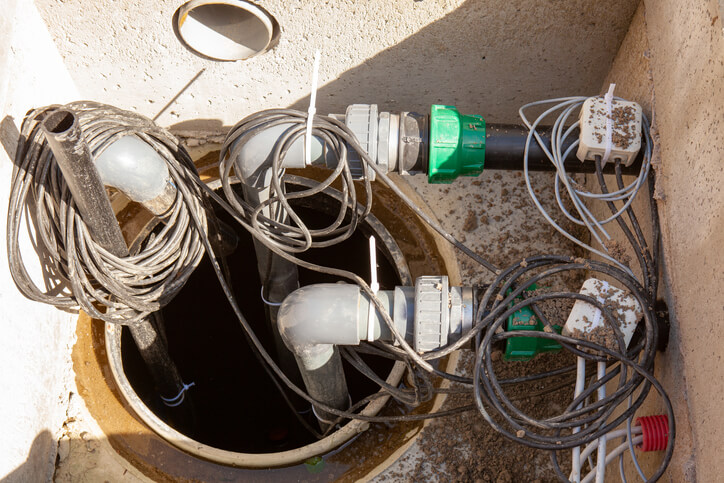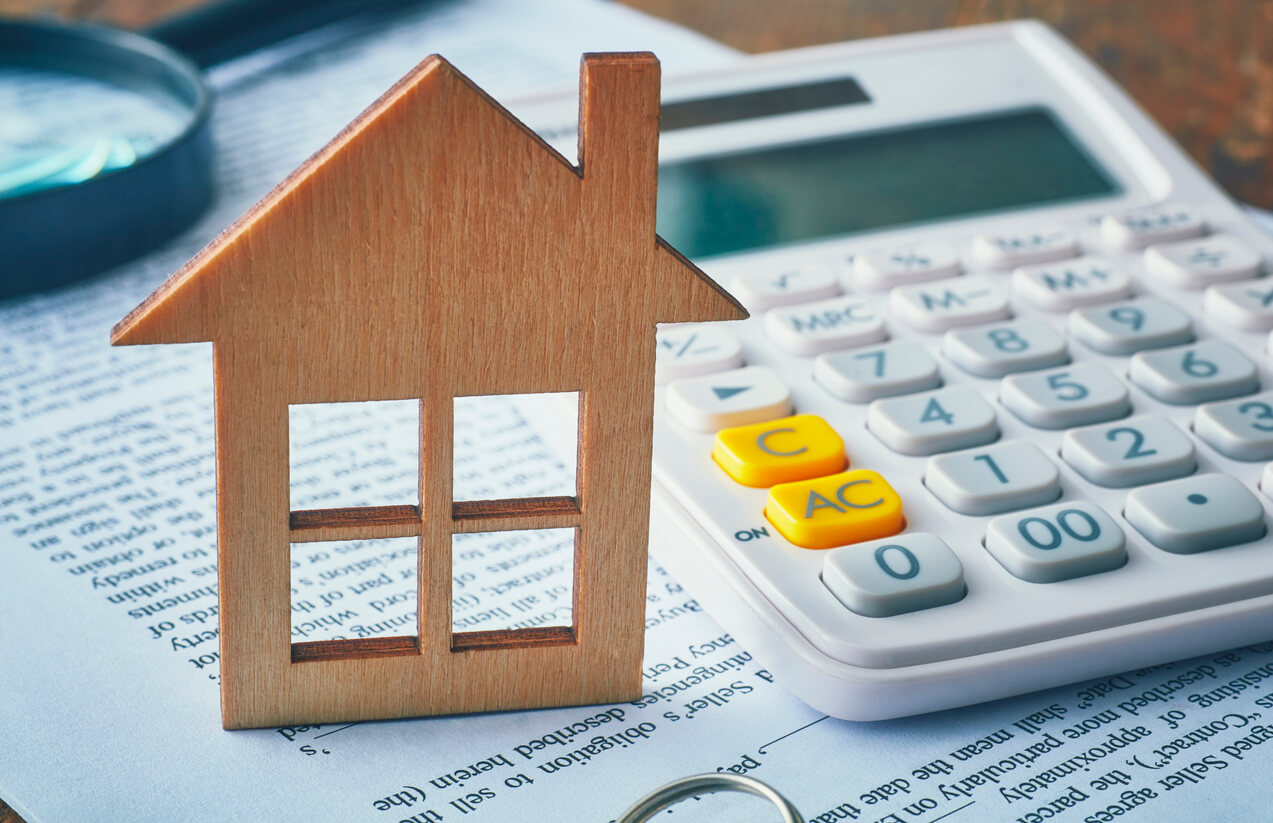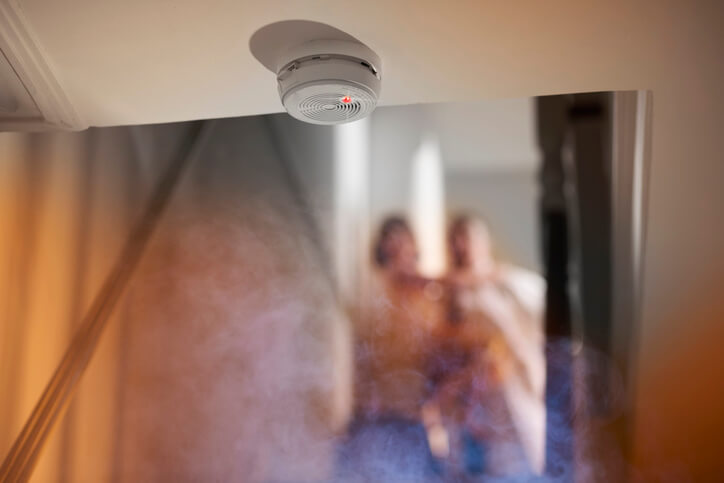Buying real estate property is one of the single most expensive investments that you will make. Buyers need to know that they are getting what they are being promised when they purchase a property.
In Rhode Island, a seller must provide a buyer and each agent with whom the seller knows he/she or the buyer has dealt with concerning the property, with a written disclosure form prior to signing a purchase contract. This usually equates to the buyer and the buyer’s agent. The most important thing is that the buyer is made aware of any issues with the property.
Actual Knowledge of Issues with the Property
On this form, sellers must disclose of any information regarding issues with the property of which they have actual knowledge. Any disclosures that a seller makes should not be misleading and should not hide anything. Additionally, by disclosing of any issues with the property will help to prevent potential liability issues in the future.
It may be considered a material breach of a real estate contract if a seller fails to accurately disclose of anything that may impact the value of the property. When a material breach of the real estate contract occurs, the seller may end up facing a lawsuit and paying a hefty amount in damages.
What is on the Disclosure Form?
The disclosure form includes disclosures regarding property defects as well as basic information about the property:
- Whether it’s located in a wetland/flood zone
- Whether it’s located in a historic district
- Whether construction has occurred without a permit
- Real estate taxes
- Whether any homeowners’ insurance claims have been filed
- Whether there is a homeowner’s association
As far as major issues with the property, the form also asks about the presence of:
- Mold
- Lead paint
- Asbestos
- Radon
- Any other hazardous materials
Checking the Boxes
Disclosure forms also include a list of every part of the property and whether the seller knows of any defects or issues with that part of the property. It’s important to note that the seller is not obligated to know everything, but if the seller does have knowledge of something, he or she must truthfully indicate such issue by checking the box next to “yes.” Likewise, if there is no issue, the seller should check the box next to “no.” But if a seller is unaware of an issue, he or she can put “UK,” which stands for unknown, or “NA,” which stands for not applicable if such a feature is not present in the property.
The form also includes space to include details of any defects or issues. If there is an issue with the property that the form does not inquire about but that the seller is aware of, he or she should include it on one of the “other” lines on the form.
Before the sale of the property, the buyer and the seller are required to sign the disclosure form and should always maintain a record of the form.
PALUMBO LAW Helps Those in Rhode Island with their Real Estate Needs
The process of closing on a real estate property can be really confusing and very detailed. This is why it’s so helpful to consult with a knowledgeable and experienced Rhode Island real estate attorney who knows the ins and outs of the closing process.
At PALUMBO LAW, our experienced Rhode Island Real Estate lawyers will walk our clients through the entire closing process. We have experience and proper contacts to ensure that you are paying an appropriate amount and are receiving a safe property as promised. To learn more or to schedule a free consultation, call us today!











